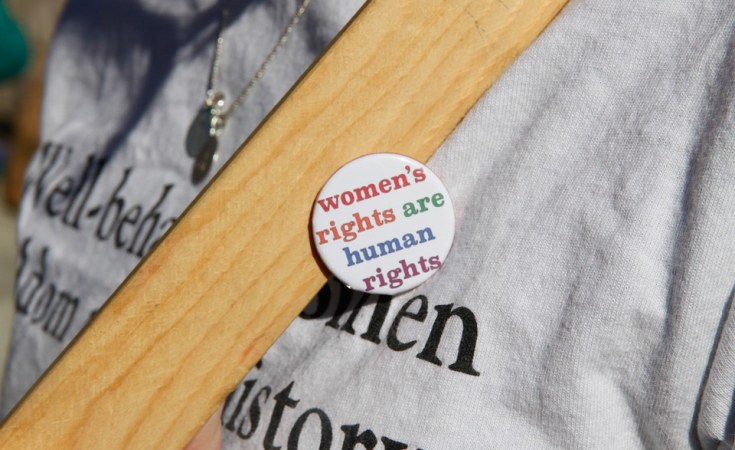THE finance ministry said tampons are not exempt from sales tax because they are considered to be luxury items.
Finance spokesperson Wilson Shikoto, during a Desert Radio interview, said underprivileged women and girls typically do not use tampons, hence the decision to maintain 15% value added tax (VAT) on these items.
Women's menstrual products that remain taxed include tampons of all types, with or without an applicator, menstrual cups, feminine sanitary wipes, period or leak-proof underwear and incontinence towels or pads.
VAT has been removed from menstrual pads for light, medium and heavy flow, mini, super, sports, overnight, with or without wings; and maternity pads designed for use in pre- and post birth bleeding.
"We saw that other products should not be included because they are viewed as a luxury. In most cases, they (low income earners) will use sanitary pads," Shikoto said.
He said prior to amending the law to exempt tax on sanitary pads, the ministry consulted suppliers, retailers and affected groups on what items should be exempted from VAT.
Taxing menstrual products makes them less affordable and accessible, especially for low-income consumers.
Ndapwa Alweendo, the project coordinator at Sister Namibia, said calling tampons a luxury item is unfair.
"I don't think the way that you choose to deal with your menstruation can be labelled as a luxury," Alweendo said.
While the government's decision to remove tax on sanitary pads is a good first step, tampons too need to be tax exempted, she said.
"The tax on tampons is very problematic because pads are not suitable for every person. It's a very good first step but there is definitely room for improvement."
Menstruation is unavoidable and most women are said to use up to 11 000 pads in their lifetimes, she said.
"Taxing people for a biological necessity just reinforces inequality. Apart from being a hygiene issue, menstruation is also a health issue," Alweendo said.
When women and girls are forced to use old clothes and newspapers during their period, they are at the risk of picking up an infection, with many girls and women regularly missing out on school and work opportunities due to their periods, she said.
"The same way we subsidised and provided condoms for free, we should think about doing the same for all menstrual products. Sanitary pads are not something you can choose not to use," Alweendo said.
She asserted that more discussion needs to take place about menstruation and the costs imposed on women.
The finance ministry announced that VAT will no longer be charged on sanitary pads as of 1 January. The Namibia Revenue Agency is tasked with ensuring this is adhered to.
Retailers and wholesalers who still charge value added tax on sanitary pads will be forced to refund customers or pay a fine of N$8 000 by court order.
This has seen various retailers across the country beginning the process of adjusting their prices on women's sanitary pads.


